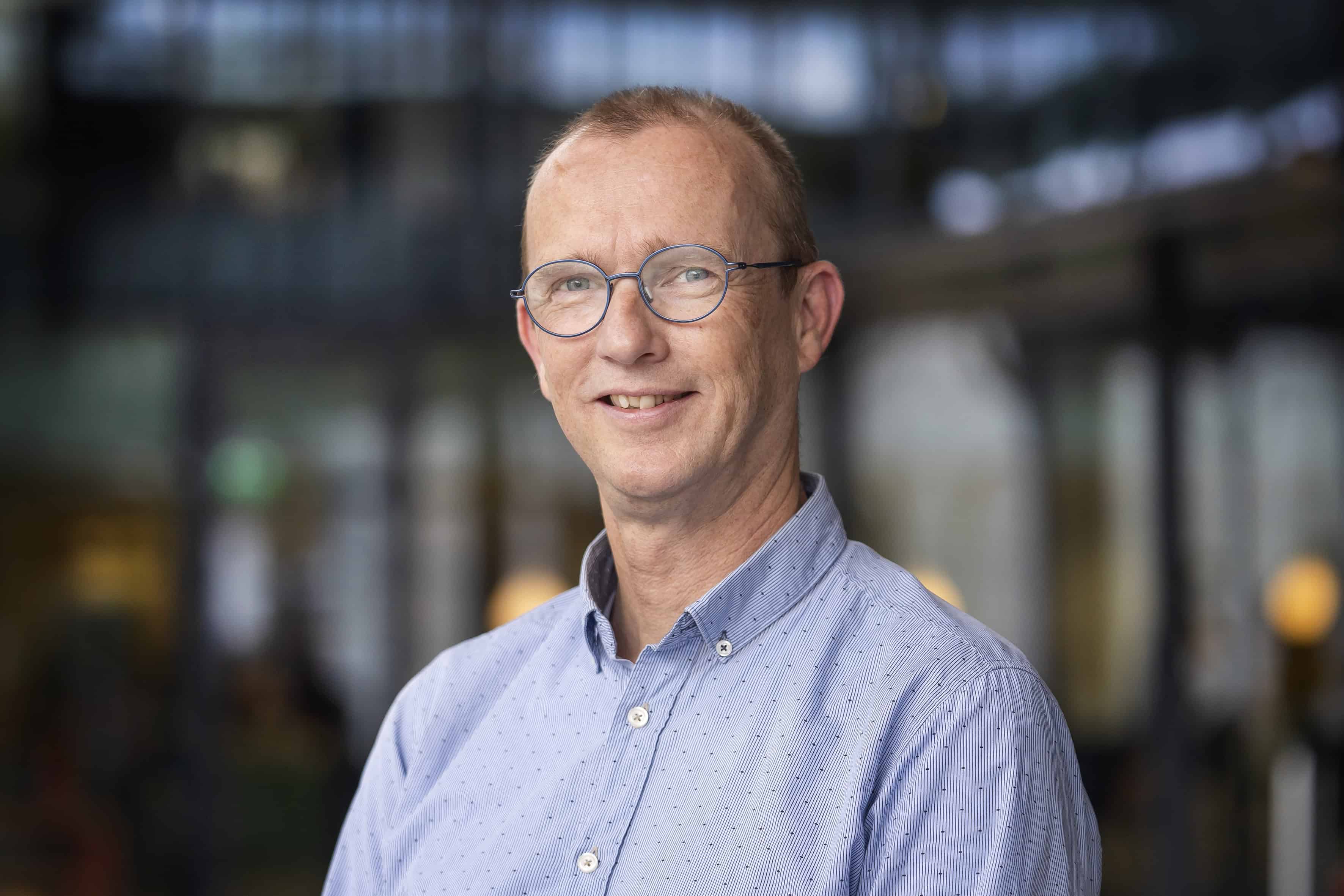
“The large-scale emission of harmful substances by industry is not only bad for the environment, it also poses a financial risk to industry,” co-founder of CryoCOP, Coen van den Brand, states during the pitch round in the finals of the 4TU Impact Challenge. The company is developing a machine that converts flue gas into usable gases for industry, such as oxygen, nitrogen and liquid carbon dioxide. According to the independent expert jury, this represents ‘an impactful solution to a social problem.’ The final of the 4TU Impact Challenge took place on the eve of the Slush start-up event in Helsinki.
In the 4TU Impact Challenge, the best student teams and start-ups from the four Dutch technical universities get to compete against each other. Each university already held its own preliminary round back in spring. From these, two student teams were chosen per university. They did a boot camp on entrepreneurship to prepare them for the grand final. That is where the start-ups pitched their idea to an independent expert jury.
From harmful to useful
CryoCOP wants to contribute to making the world a more sustainable place; and industry plays a major role in this. The start-up is developing a technology to capture CO₂ while keeping the costs low. Harmful flue gases are converted into pure and useful gases such as oxygen and nitrogen. These can in turn be used again by companies or sold as raw materials. This also makes the machinery of this start-up financially interesting for industry; the system pays for itself. “That way we will be able to disrupt the current market and really change it,” Van den Brand says.

Promising concepts
Seven more promising start-ups participated in the 4TU Impact Challenge along with the winning teams. Among the participants, a great deal of attention was paid to making the world more sustainable. For example, the Delft start-up Biosphere Solar is working on fair and recyclable solar panels. Shift is based at Eindhoven University of Technology (TU/e) and is working to kick-start the hydrogen transition by using hydrogen as a means of energy storage.
Other concepts were also devised. Savr is working on a platform to train people using Virtual Reality (VR), for example, in the field of fire fighting. Currently, training scenarios are often not that realistic. By using VR, training can be far more realistic. Start-up Managescape is also developing a tool, but one related to management. Through their tool, managers can build an optimal project team using profiles of employees. All with the help of Artificial Intelligence. Start-up Artistotle Technologies is also focusing on data. They are developing data-driven cognitive training.

Building relationships is key
All finalists will still be around at Slush in Helsinki over the coming days. While there, they will have the opportunity to meet potential investors, new knowledge partners and other entrepreneurs. This is extremely important in order to grow as an entrepreneur, as Constantijn van Oranje also said in his speech during the finals of the 4TU Impact Challenge. It is already a good move to make contacts with investors, for example, even before you actually start looking for any investment. Now you can build a relationship with people without having to deal with all the important issues up front. This is what he advises the audience. That makes it easier later to seek each other out again during investment rounds. “We have one winner now, but actually all of the people who are here are winners,” he points out. He says supporting start-ups and helping them build a network is much more important than winning a pitch round.
4TU cooperation
The four technical universities in the Netherlands are working together as part of the 4TU.Federation, part of which includes the 4TU Impact Challenge. They are joining forces to make the most of their knowledge and creativity in the technology sector. They do this in the areas of education, research and knowledge valorization, which the Impact Challenge falls under. Students bring the knowledge that they have gained back to society in the form of start-ups and student teams. Their products and services help contribute to a more sustainable future.









